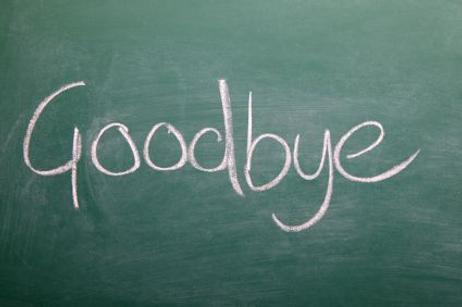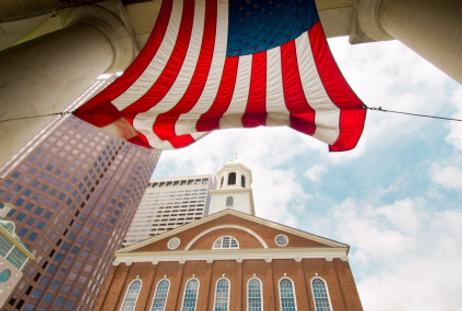During his time in office, President Barack Obama unveiled his proposal for overhauling the No Child Left Behind Act. This is a move of tremendous importance to public education. The NCLB Act was supported by both Democrats and Republicans in Congress when George W. Bush introduced it in 2001, but many education policy workers and politicians have become critical of the law in the years since its passage.
The law has come under attack for several reasons:
- Encourages Teachers to “Teach to the Test.” Critics say that the law has demoralized teachers and forced them to “teach to the test” rather than making instructional decisions based on the best interests of students.
- Encourages States to Dumb Down Standards. Because the standardized tests which are so important to NCLB are based on state standards, the law created what Secretary of Education Arne Duncan calls a “perverse incentive” for states to make their standards as low as possible, ensuring that a maximum number of students achieve passing scores.
- “Utopian” Goals. The Obama administration, according to the New York Times, has called NCLB’s goal that 100% of public school students will achieve proficiency in reading and math “utopian.”
This video looks at some of the issues with No Child Left Behind.
President Obama’s Proposed Changes
To fix the weaknesses of the No Child Left Behind Act, the Obama administration is proposing several






















